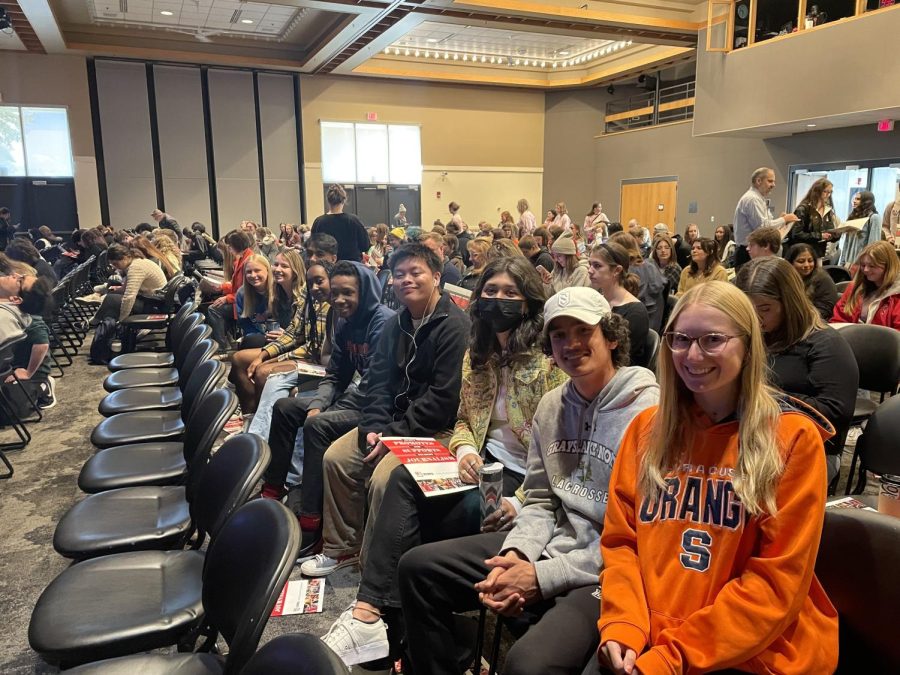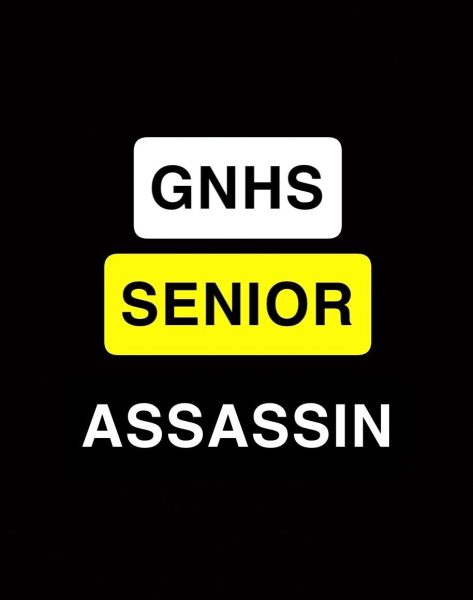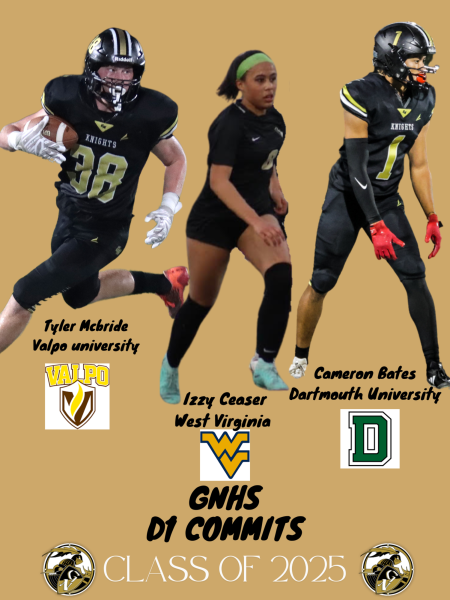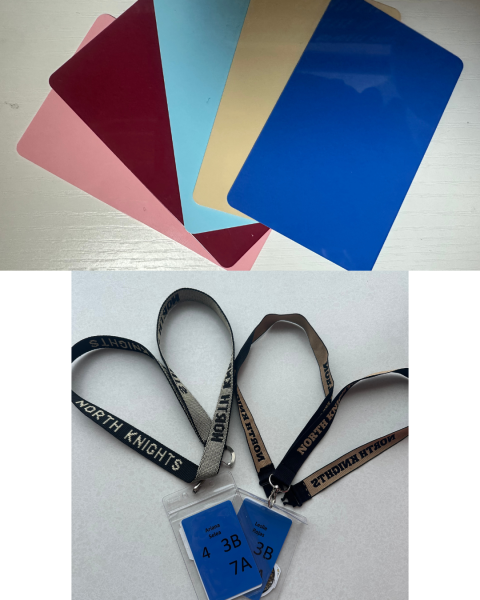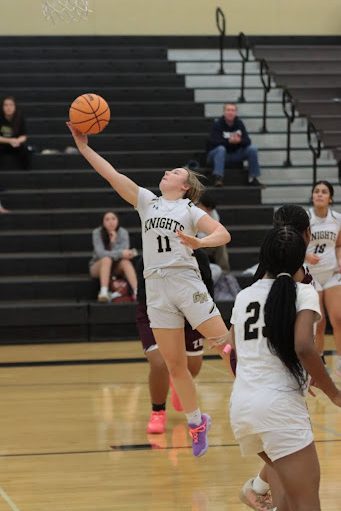Newspaper earns highest awards at conference
Newspaper staff waits for awards to be announced.
The newspaper, broadcast, and yearbook staff members went on a field trip to the Kettle Moraine Press Association (KEMPA) Fall Conference at UW-Whitewater on Friday, October 14.
KEMPA is an organization that supports student journalists in Illinois and Wisconsin, and they hold a yearly conference and competition for these students. This year the journalism staff won All-KEMPA, which was scored by last year’s newspaper. The newspapers were judged by a board of advisors who gave them a score out of 1000 points; The Knight Times scored 910 points.
“When I went into KEMPA, I didn’t know that there were awards, so I went in with no expectations besides the aspect of learning. But when I learned that the newspaper staff was awarded such a high honor, it was really incredible, and I was really excited to look at my fellow editors and my fellow friends and know that the work that we’ve done is validated is a success,” said senior Varun Gullapalli.
“I was so proud. As a three-year journalist, it’s always amazing to be recognized since we’re not like most clubs or sports. Not too many people see what we do,” said junior Imani Ongalo.
The conference also included keynote speaker Lindsay Christians, who is a Food Editor and Arts Writer. This speaker was a good way for student journalists to hear from someone who has been a journalist for many years and has seen the ups and downs of writing.
“I really did enjoy the keynote speaker. I really think that for me in general it’s hard for me to not zone out every now and then, and although I didn’t necessarily agree with everything that she did say, I think that I learned a lot. Being in a room with other fellow journalists and other fellow writers that have that same passion as you and to hear someone who has been through it all, written about it, and had those same mistakes and had those same experiences that you’ve had is uplifting,” Gullapalli said.
The sessions that the student journalists had the option to go to ranged from visiting the UW-Whitewater broadcast setup to photography, to how to write or handle different subjects you might have to cover.
“First I went to the broadcast one, but we were in the full production room learning about the behind-the-scenes broadcasting they have at UW-Whitewater. The second one I went to was learning about what rights I had as a journalist and all the stories we heard about different journalists that talked about controversy in their newspaper. That one was probably my favorite,” Ongalo said.
“I went to a session where they showed us the broadcasting at UW-Whitewater and then I went to another session about handling controversial topics. The first one I was extremely excited because I think that broadcasting is really cool and at such a prominent institution I thought it would be really exciting. I’m going, to be honest, I was a little underwhelmed. It was exciting. It was fun, and talking to other students and hearing their experiences was really interesting,] but overall it made me realize that I’m more of a writer than a speaker. What really stuck out to me was the handling controversial topics. The speaker was just a unique person. I’ve never met someone that informal yet that impressive and that charismatic, and how he prioritized the writers. How he let them write whatever they wanted and supported them when they were bringing super controversial issues to the school and to the community and is something that I truly respect and admire. I really learned so much and gained so much confidence when covering more in-depth and controversial stories,” Gullapalli said.
The field trip was not only an educational experience for these students, but it was also impactful for their future on staff and into college.
“Honestly the trip was almost life-changing. I saw journalism as a side gig or a second option because I thought it wasn’t practical. After going on the trip I feel more secure as a journalist, and I may actually consider doing it as a profession later in my life,” Ongalo said.

